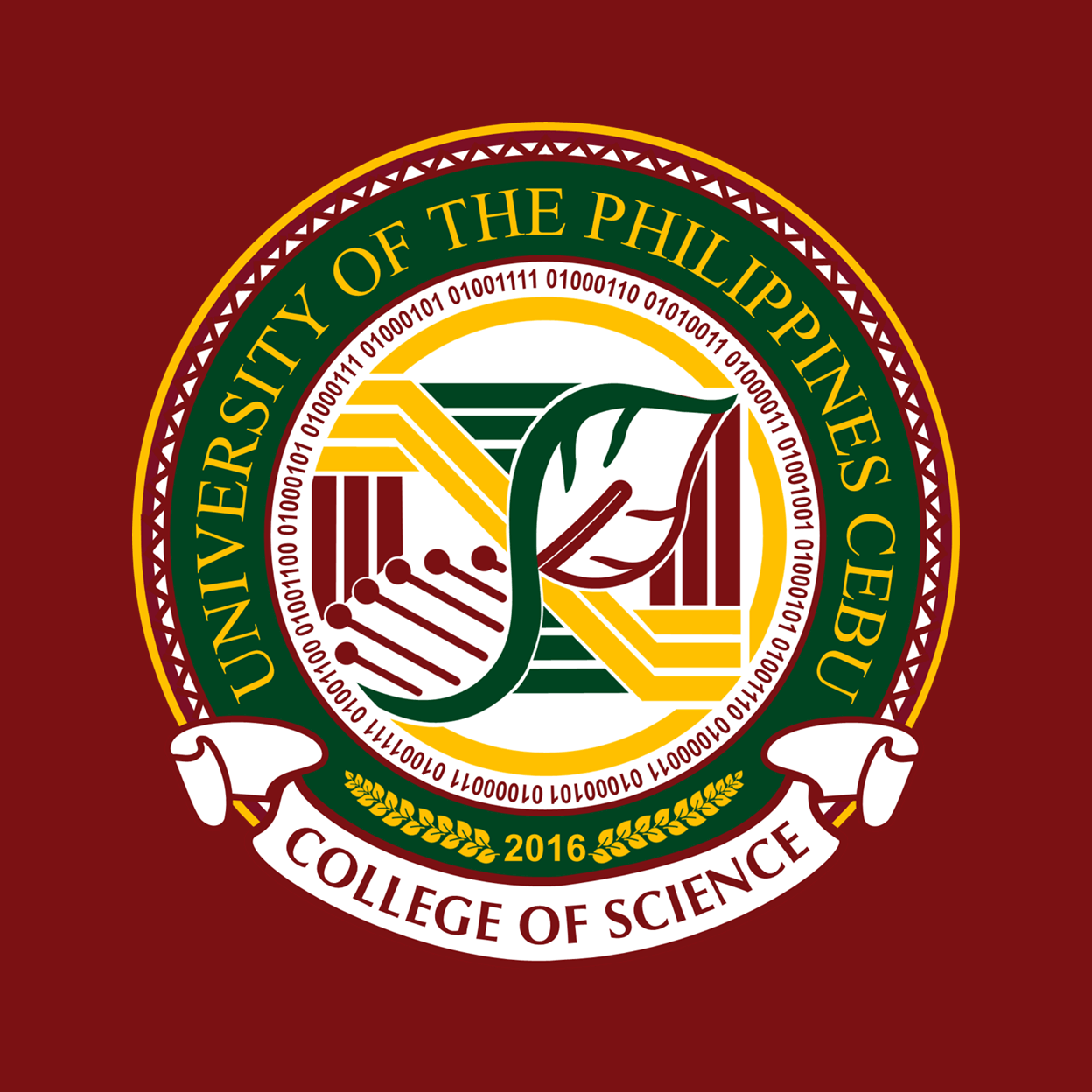Vision
A dynamic institution recognized as a regional, national, and international leader in excellent instruction, innovative research, and relevant extension in science and technology.
Mission
To conduct pioneering research and develop novel technologies through transdisciplinary collaboration
To produce graduates with the highest level of academic pursuit and personal growth through a conducive learning environment
To share the scientific and technological expertise to address societal challenges
Gearing up for 2020 and beyond, the Natural Sciences and Mathematics Division (NSMD), together with the Social Sciences, Humanities, and Professional Educations Divisions, evolved in 1990 under the UP in the Visayas Cebu College (UPVCC).
Later in 2005, UPVCC was declared as a flagship project of the UP System under the administration of then UP President Emerlinda Roman and became one of the regional units chosen to be strengthened during the University’s centenary. With this declaration, UPVCC made efforts for its restructuring and reorganization. Along with this line, the Computer Science program was identified as the flagship program of UPVCC to which all other programs shall be anchored. However, the Computer Science program later spin off from NSMD when it was elevated into a Department of Computer Science (DCS).
In 2010, UPVCC proposed to become one of the constituent units of the UP System. However, the system granted only the status of being an autonomous unit (and changed its name to UP Cebu), whose management is directly under the Office of the UP President. Under this new structure, UP Cebu is composed of four Clusters, namely: Arts & Humanities, Management, Sciences, and Social Sciences. The Sciences Cluster is composed of two programs and one department: The Biology and Environmental Studies Program, the Mathematics Program, and the Department of Computer Science.
Finally, in 27 October 2016, UP Cebu became one of the constituent units of the UP System. As a new constituent university, UP Cebu is now composed of three colleges and one school, namely: College of Communication, Art & Design (CCAD), College of Science (CS), College of Social Sciences (CSS), and the School of Management (SOM).
The College of Science is now composed of the Department of Biology and Environmental Science (DBES), Department of Computer Science (DCS), and the Mathematics program.
As we move forward, the College of Science (CS) envisions to be a dynamic institution recognized as a regional, national, and international leader in excellent instruction, innovative research, and relevant extension in science and technology.
As such, the CS shall undertake its mission to conduct pioneering research and develop novel technologies through transdisciplinary collaboration; produce graduates with the highest level of academic pursuit and personal growth through a conducive learning environment; and share its scientific and technological expertise to address societal challenges.
In the pursuit of academic excellence, the College of Science aims to produce graduates with the highest level of academic pursuit and personal growth with a strong foundation in science and mathematics, yet having a sense of social responsibility and discernment and the abilities to relate their field of specialization to the other fields.
With all of these qualities, our graduates can become effective educators, researchers, and planners in academe, industry, government and non-government institutions. We pride ourselves as being declared a CHED Center of Excellence (COE) in Information Technology and CHED Center of Development (COD) in Environmental Science.
We endeavor to make the College of Science become recognized as a regional, national, and international leader in innovative research by conducting pioneering research and developing novel technologies through transdisciplinary collaboration; and let our research and development (R&D) activities allow our faculty, researchers, and students develop new knowledge, techniques, and technologies for the benefit of our stakeholders. The College of Science continues to intensify its efforts in conducting local and regional researches that are globally relevant research outputs – publications in peer-reviewed (non ISI- or SCOPUS-in- dexed and ISI- or SCOPUS-indexed) jour- nals and conference proceedings were produced by the faculty.
